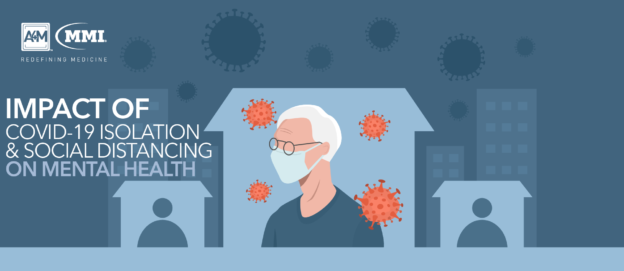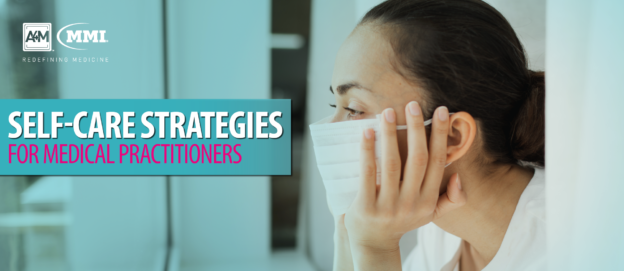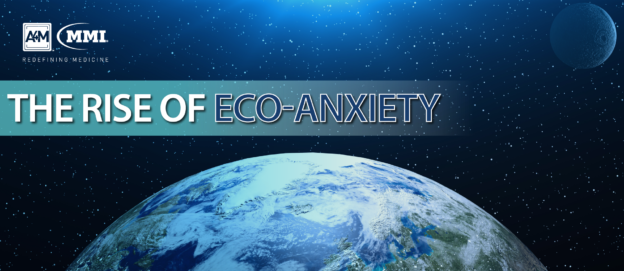As a method of novel coronavirus disease transmission suppression and an attempt to reduce the risk of infection, social restrictions – such as social distancing and sheltering in place – have been put into place and remain active in the majority of the United States. Such measures have isolated many older adults at home, leaving them with limited contact and social interaction for the duration of the outbreak. As evidenced by global statistics revealing higher death rates among this demographic, the COVID-19 pandemic has been disproportionately affecting older adults.
Current literature suggests that social interaction is an integral component of mental health and wellbeing, while loneliness has been associated with morbidity and mortality in prior research. While the isolating effects of social distancing measures have been felt acutely by the entire population and may be especially profound in older demographics, relatively little scientific evidence on the subject is currently available. A recent study published in the Pan American Journal of Public Health aimed to provide further information on the implications of social distancing measures on patient mental health.
Coping with Coronavirus Isolation
A team of researchers aimed to examine the impact of isolation and social distancing among adults aged 60 and above during the COVID-19 outbreak in the United States. To conduct this analysis, the study’s authors asked convenience sampling respondents to complete a web-administered survey exploring the effects of social distancing on mental health factors, including loneliness, stress, and behavioral changes. In total, data from 833 responses from participants aged 60 and above were included in the sample.
Effects of Social Distancing on Older Patients
Of the total survey respondents, 36% reported being stressed while nearly 43% reported feelings of loneliness. Approximately one-third of participants reported feelings of increased loneliness during the social distancing period specifically. Respondents also reported engaging in more solitary activities and fewer in-person activities, using email and text messages more than usual, and spending more time using technology than before.
The study’s authors noted significant differences between younger patients aged 60-70 and those above the age of 71; changes in physical activity, drinking, recreational drug use, and sleeping pattern were found to differ by age. Participants over the age of 71 showed more resiliency with 74% experiencing little to no stress, according to the authors.
“That’s where older adults have a strength,” lead researcher and clinical associate professor at the University of Georgia’s Institute of Gerontology Kerstin Emerson told HealthDay. “They have life experience and coping mechanisms that we don’t often give them credit for, but that’s part of their wisdom. We can really turn to older adults as examples of how to manage and live through bad periods of history.”
Furthermore, two-thirds of survey respondents reported using more social media than they would before the pandemic began revealing that older adults are actively engaging in other forms of social connection and becoming increasingly comfortable online. However, for some older individuals remote connections may be more difficult to achieve due to a lack of internet or smart device access; Emerson noted that her team’s results don’t reflect the most vulnerable populations socially isolated in rural areas or those without sufficient economic resources.
As social distancing regulations and isolation measures persist across the globe, it is important to consider the effects of these strategies on mental health – especially among older adults in the United States. The latest findings indicate the potential adverse psychiatric effects associated with continued shelter-in-place practices and highlight the need for increased mental health screening among vulnerable populations at this time.



